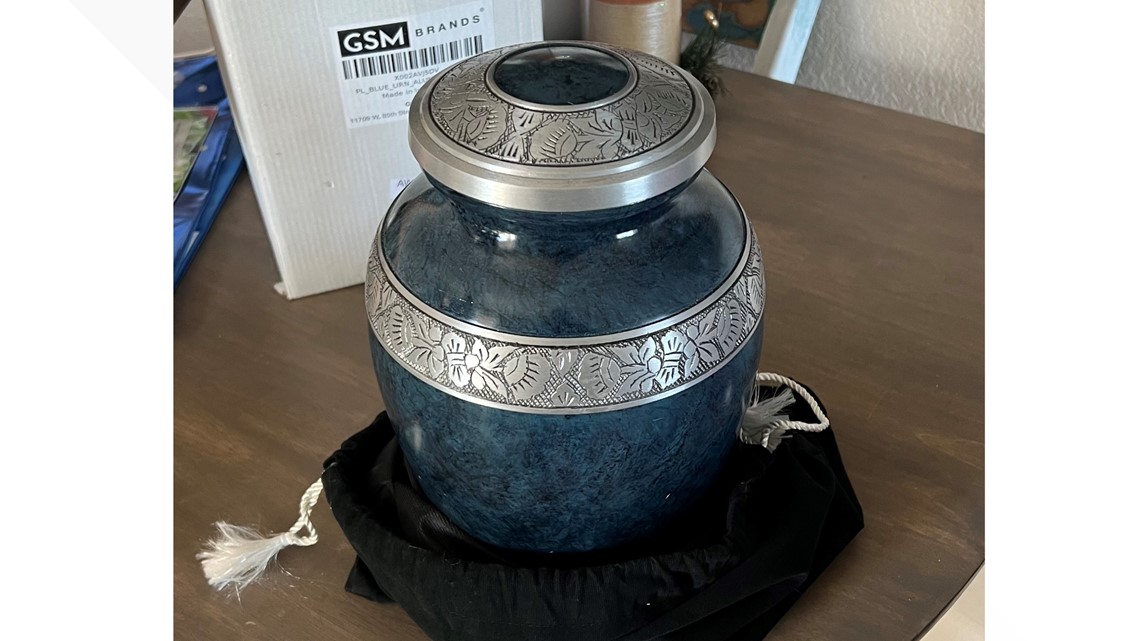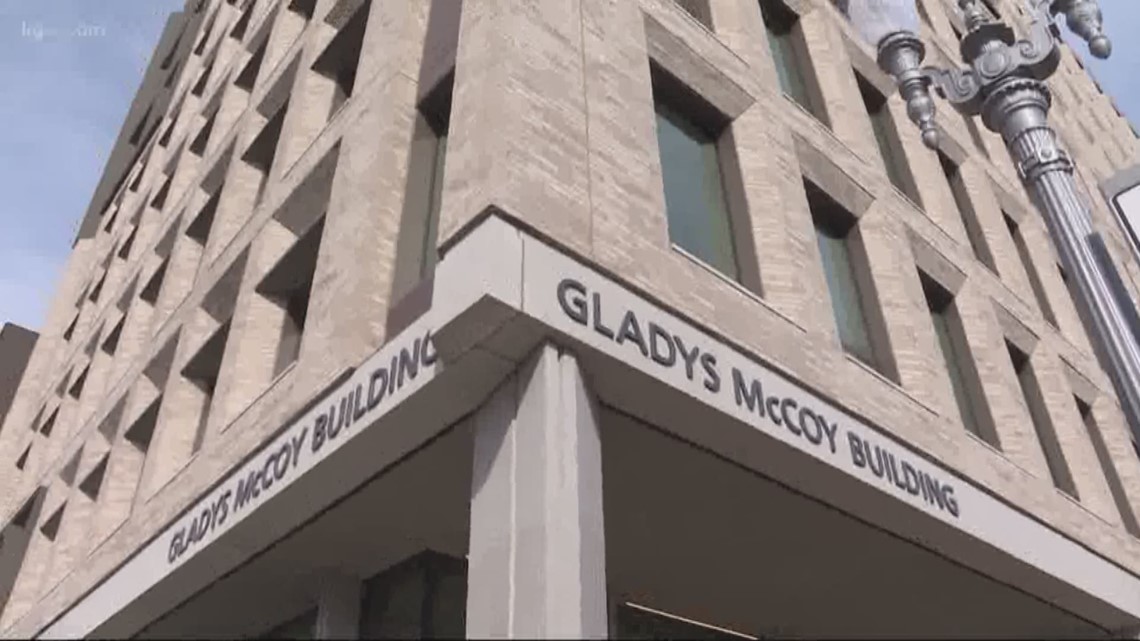PORTLAND, Ore. — The Multnomah County Medical Examiner's Office incorrectly identified the body of a deceased man last year and informed the wrong family of their loved one's death — and it took more than three months for the office to spot the mistake and tell the family that the man was still alive. The office confirmed the details of the incident on Monday.
The family of a 22-year-old man named Tyler Chase was notified on Sept. 11 that he had died of a drug overdose. The body was cremated on Oct. 1 and a death certificate was issued — and Chase's family collected what they thought were his ashes.
More than three months after the initial notice, on Dec. 19, the medical examiner's office contacted the family again and informed them that the body had been misidentified, and Chase was still alive. They set up a video phone call to put the family back in touch.
"I just lost it," explained Latasha Rosales, Chase's cousin. "It is so hard to believe how something like this could even happen. It just makes no sense to me."


When a person dies in suspicious or violent circumstances or a body is found, the county medical examiner's office is tasked with formally identifying the deceased person and making an official cause-of-death determination. The Multnomah County Medical Examiner's Office conducts about 3,500 death investigations per year. Bodies can be identified by comparing fingerprints, checking ID cards the person was carrying or having family members view the body.
"Misidentification is extremely rare but has been reported in a small number of cases nationwide," the office wrote in a statement sent to KGW.
In this case, the office said the mistaken identity happened because the deceased person in September was carrying Chase's wallet, including his temporary Oregon driver's license. Chase's family declined to view the body prior to cremation, the office said.
"Although television often shows people identifying their loved ones at a Medical Examiner’s Office, in reality, most Medical Examiner’s Offices do not have viewing facilities," the office wrote. "Families are able to view their loved one and confirm their identity at the funeral home making the arrangements."


Chase had been homeless and struggled with addiction, and had been in a treatment program during the months when his family believed he was dead.
The Multnomah County Chief Medicolegal Investigator and Lead Medicolegal Investigator immediately called and visited with the Chase family after the mistake was discovered, according to the office, and also reached out to the correct family of the deceased man to notify them of his death.
The office did not disclose the correct identity of the deceased man, stating that his family has asked to remain private.
"I can't even imagine how they feel," Rosales said. "Their child, their brother, their loved one was cremated. He passed away without them even being notified.”
The office said it has launched a review of its practices and will make changes. In the future, a temporary state ID alone will not be sufficient to confirm an identity, the office said — a body found with a temporary state ID will also need to be positively identified through fingerprints.

